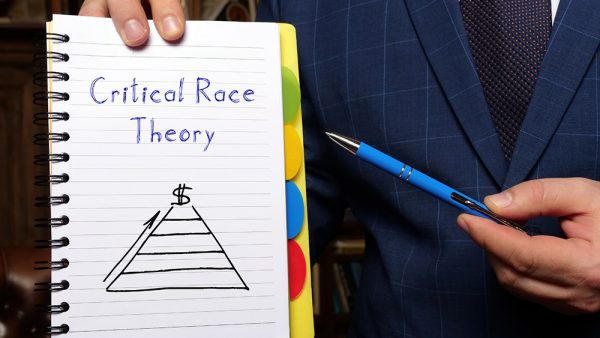 Parler
Parler Gab
Gab
- Slovak MEP Milan Uhrik has warned that the EU is on a path to self-destruction under the leadership of Ursula von der Leyen, primarily due to the ambitious plan to phase out Russian oil and gas imports by 2027.
- Von der Leyen's REPowerEU strategy, aimed at reducing reliance on Russian fossil fuels, has faced strong opposition from member states like Slovakia and Hungary, with concerns about economic stability and competitiveness.
- The EU's energy policy has exacerbated tensions with Russia, leading to economic challenges such as Germany's recession and rising energy prices across the bloc. Slovakia, heavily dependent on Russian hydrocarbons, fears severe economic repercussions.
- Slovak Prime Minister Robert Fico criticizes the EU's "harmful ideological decisions," while Uhrik opposes NATO's proposed defense spending increase to five percent of GDP by 2035, reflecting broader discontent among some member states.
- The EU faces a critical challenge in balancing its environmental and geopolitical goals with the economic realities of member states. The warnings from Slovakia underscore the need for a more unified and pragmatic approach to energy policy.
Economic and security concerns
The EU's proposed sanctions on Russia's energy and financial sectors are part of a broader strategy to isolate Russia economically. However, the effectiveness of these sanctions is debatable. While they aim to cripple Russia's economy, they also risk further destabilizing the EU's own economic landscape. The proposal for NATO members to increase defense spending to five percent of GDP by 2035 has also drawn criticism from Uhrik. "No, thank you – that's enough. We just don't want this," he said, highlighting the growing discontent among some member states about the direction of EU and NATO policies.Balancing ideology and pragmatism
The EU's push to transition to renewable energy is driven by both environmental and geopolitical considerations. However, the transition is not without its challenges. The reliance on Russian energy has been a contentious issue, with some arguing that it undermines the EU's strategic autonomy. Von der Leyen has dismissed her critics as "conspiracy theorists" acting in the interests of Russian President Vladimir Putin. Yet, the economic realities faced by member states like Slovakia and Hungary cannot be ignored. The EU must navigate a delicate balance between its ideological commitments and the pragmatic needs of its member states. The EU's energy policy is at a crossroads. The path it chooses will have far-reaching implications, not only for its economic stability but also for its geopolitical standing. The warnings from Slovakia serve as a stark reminder of the potential consequences of a one-size-fits-all approach. In conclusion, the EU stands at a critical juncture. The warnings from Slovakia highlight the deep-seated concerns of some member states about the EU's energy policy and its broader implications. As the bloc navigates these turbulent waters, it must strive for unity and understanding. Find more stories like this at Collapse.news. Watch the video below where Dutch political commentator Eva Vlaardingerbroek blasts von der Leyen. This video is from the What is happening channel on Brighteon.com.More related stories:
Renewables fall short as fossil fuels reach new heights: Global energy transition stalls. Europe prepares for war economy mode, stockpiling minerals, food, and nuclear fuel amid rising threats. BRICS nations forge financial independence as Russia accelerates global de-dollarization movement.Sources include:
SHTFPlan.com RT.com Brighteon.comUnited Kingdom mulls ban on using crypto for POLITICAL DONATIONS
By Ramon Tomey // Share
Cheese lovers beware: Study reveals alarming levels of MICROPLASTICS in dairy products
By Belle Carter // Share
Claire Robinson takes a critical look at GMOs in her book “GMO Myths and Truths”
By Ramon Tomey // Share
Federal appeals court upholds Arkansas ban on Critical Race Theory in classrooms
By Laura Harris // Share
Governments continue to obscure COVID-19 vaccine data amid rising concerns over excess deaths
By patricklewis // Share
Tech giant Microsoft backs EXTINCTION with its support of carbon capture programs
By ramontomeydw // Share
Germany to resume arms exports to Israel despite repeated ceasefire violations
By isabelle // Share










